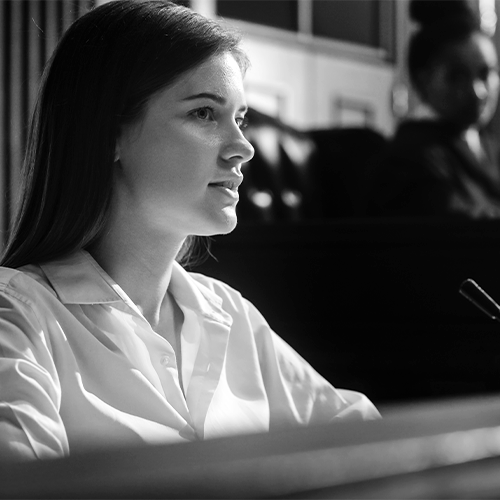Newton Hearings & Basis of Plea

Sukhdip Randhawa of KANGS outlines the circumstances in which a Newton Hearing can arise and its potential consequences.
What is a Newton Hearing?
A Newton Hearing is a trial conducted before a Judge in the absence of a jury. The Prosecution put forward their case and, if necessary, call witnesses to give evidence. The Defence evidence is similarly presented.
Having heard the evidence, the Judge decides as to whether he believes the Defendant’s version of events, as set out in a Basis of Plea, explained below, or rejects it.
Basis of Plea
A Defendant who pleads guilty to an offence can do so on a Basis of Plea, meaning that it is accepted that a crime has occurred but in circumstances different to those alleged by the Prosecution.
For example, a Defendant can plead guilty to an offence of assault but on a Basis of Plea that a weapon was not used, as may have been alleged by the Prosecution.
The Procedure for a Basis of Plea
A Basis will normally be communicated to the Prosecution prior to the Defendant being arraigned (i.e the procedure whereby a guilty or not guilty plea is offered to the Court).
If a Basis is agreed then it should be reduced to writing and signed by both Prosecution and Defence Counsel and provided to the Judge prior to arraignment and the Defendant will be sentenced according to his Basis.
A Judge always has the discretion to reject a Basis of Plea even if it has been agreed by both parties. In the event that a Basis is not accepted, a Newton Hearing (also known as a Trial of Issue) will take place.
Rejection of a Basis of Plea following a Newton Hearing
Having considered all of the evidence, a rejection by the Judge of the Defendant’s version of events could have a detrimental impact on any sentencing credit the Defendant may have otherwise received, had he proffered a guilty plea.
The extent to which credit is allowed is always at the Judge’s discretion.
How We Can Help You?
Our experienced team of criminal lawyers is here to help you. We have a national track record of success representing clients in all manner of trials throughout the country and for delivering the best outcome achievable.
If you need guidance or support, please do not hesitate to reach out to our team using the contact information below:
Tel: 0333 370 4333
Email: info@kangssolicitors.co.uk
We provide initial no obligation discussion at our three offices in London, Birmingham, and Manchester. Alternatively, discussions can be held through video conferencing or telephone.
Top ranked by leading legal directories Chambers UK and the Legal 500.







